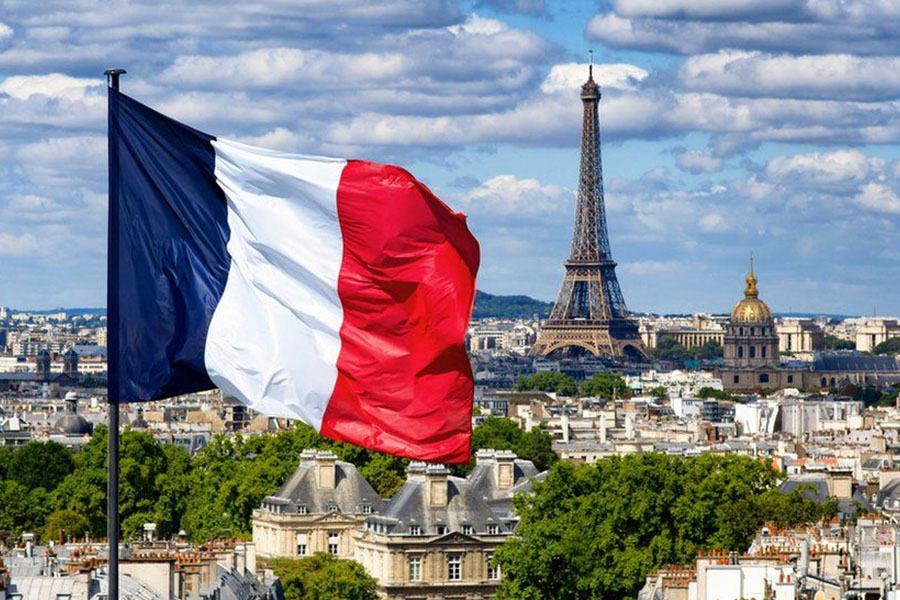More than 10,000 students for their 2022 global study abroad country rankings, with France placed eighth overall and fifth in Europe. It also ranked second in the world for experiencing a new culture and lifestyle.
The country’s overall placement is unsurprising, as the French higher education system is widely regarded for its teaching excellence, high accessibility and award-winning research – having nurtured talent in a range of fields, including maths, anthropology, political science and medicine.
In addition to historical names in the latter field, such as Marie Curie and Louis Pasteur, France is also home to the world’s most iconic fashion brands including Dior, Louboutin and Givenchy.
Away from your studies, you’ll find plenty to explore when living in student cities such as Paris, Lyon and Toulouse. For instance, in the capital you can visit famous museums, art galleries and landmarks such as the Musée du Louvre, Arc de Triomphe and the Eiffel Tower, while top restaurants, cafés and bakeries will be right on your doorstep.
French universities
France is home to more than 3,500 public and private higher education institutions. These include:
- Universities – catering to nearly 75% of the country’s 250,000 international students, these publicly-funded institutions offer courses in all areas, from science and sport to humanities and medicine.
- Specialist institutions – including schools of business and management, engineering, architecture and arts and applied arts.
- Grandes Écoles – these prestigious institutions are typically smaller than universities and nurture the talents of only the brightest students. They’re highly selective, with students only usually accepted after completing a two-year preparation course and passing an entrance exam.
Degree courses in France
The French academic year runs from September or October until the end of June, and is comprised of two semesters, a two-week break over Christmas and a summer holiday of at least two months (July and August).
Undergraduate degrees in France, known as Licence degrees, take three years to complete and correspond to a UK Bachelors. They’re available in a range of subjects, from global communications and international economics to art history and sociology.
Unless you hold a French Baccalaureate qualification (A-level standard), you’ll need to get in touch with your chosen institution for details on entry requirements and how to apply.
To browse all degree courses taught in English, visit Campus France.
Masters degrees
Postgraduate degrees in France are typically divided into four semesters across two academic years. Their increased length means French Masters courses can be less intensive than in the UK.
Courses are delivered through workshops, discussions and independent project work, leading to the submission of a final extended research project or dissertation.
Other types of Masters degrees offered in France are Specialised Masters and Masters of Business Administration (MBA). These prestigious courses have varying structures, stricter entry requirements and are heavily focused on advanced professional training.
Use the Campus France Masters catalogue to search for Masters programmes.
PhDs
Completing a PhD in France takes around three to four years, although some courses can take up to six. You’ll submit a thesis under the supervision of a director, who you’ll need to approach and gain the approval of before the course begins.
Once written, you’ll have to give a public oral presentation of your thesis, before it’s assessed by two rapporteurs.
As part of your studies, you’ll receive an additional 150 hours of training in areas such as business creation, research and communication.
You need a Masters or equivalent, or to be studying one at the time of application, to progress onto a PhD. To apply, submit a research proposal to the Doctoral school of your choice, or check university websites for advertised project assistant posts.
The deadline for PhD applications at public universities is 31 January each year. Grandes Écoles institutions set their own application windows.
Read More related to study abroad

